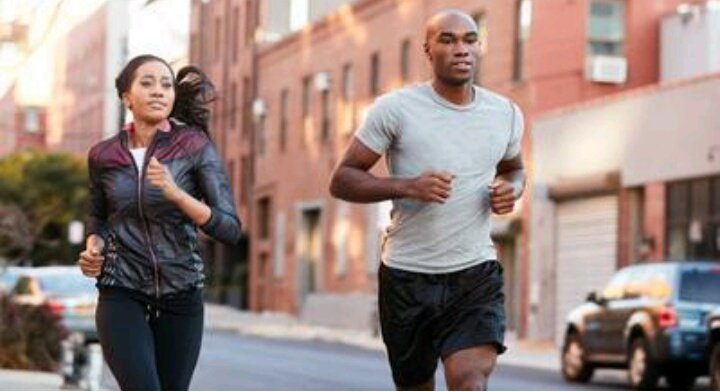Learning a new skill takes time and patience. You might struggle to coordinate your hands on the guitar and dream of the day when you'll be able to shred with ease, or step on your dance partner's feet as you strive to become a tango master. Whatever your dream, you've got to practice at it, but some ways of practicing are better than others. There's a growing body of research showing that if the skill you want to master requires motor control, then a post-practice workout might be in order.
You've probably done something that was "like riding a bike" — that is, you tried a skill you thought was long-forgotten, and your muscles somehow remembered how to do it. That's generally referred to as muscle memory, and although it's not actually memory kept in the muscles — it's in the brain, just like all types of memory — it is a different mechanism than the memory you use to recall the capital of Finland. One way scientists know that is by looking at people with amnesia: They can still usually learn new motor skills, even if they can't even remember the practice sessions researchers put them through.
While we've known for a while that exercise can sharpen your brain in general, it wasn't until 2012 that researcher Marc Roig tested whether exercising and practicing a motor skill in close succession made people better at that skill later on. A study that he and University of Copenhagen researchers published that year in the journal PLOS ONE showed that people who cycled for 20 minutes either before or after practicing a computer-tracking task were better at the task a week later than those who didn't exercise. Importantly, those who exercised afterward did even better than those who exercised before.
Roig, who is now an assistant professor in the School of Physical & Occupational Therapy at McGill University in Canada, has since delved further into this fascinating finding: He's studied just how soon you should exercise after learning (as soon as possible), and how intense that exercise should be (the more intense, the better). In his newest study, he set out to determine what's going on in the brains of people who perform a post-practice workout.
For the study, which was published last month in the journal NeuroImage, the researchers taught 25 people how to do a computer-tracking task that involved keeping a cursor inside of a moving target on a screen by squeezing a dynamometer — basically, a joystick that works via grip pressure instead of tilt direction. Next, half of the participants got on a stationary bike and did 15 minutes of high-intensity interval training, while the other half rested for the same amount of time. After they were done, the participants returned to the lab eight hours later and 24 hours later to do an abridged version of the computer tracking task.

Hi! I am a robot. I just upvoted you! I found similar content that readers might be interested in:
https://curiosity.com/topics/you-can-learn-skills-faster-with-one-15-minute-workout-curiosity/